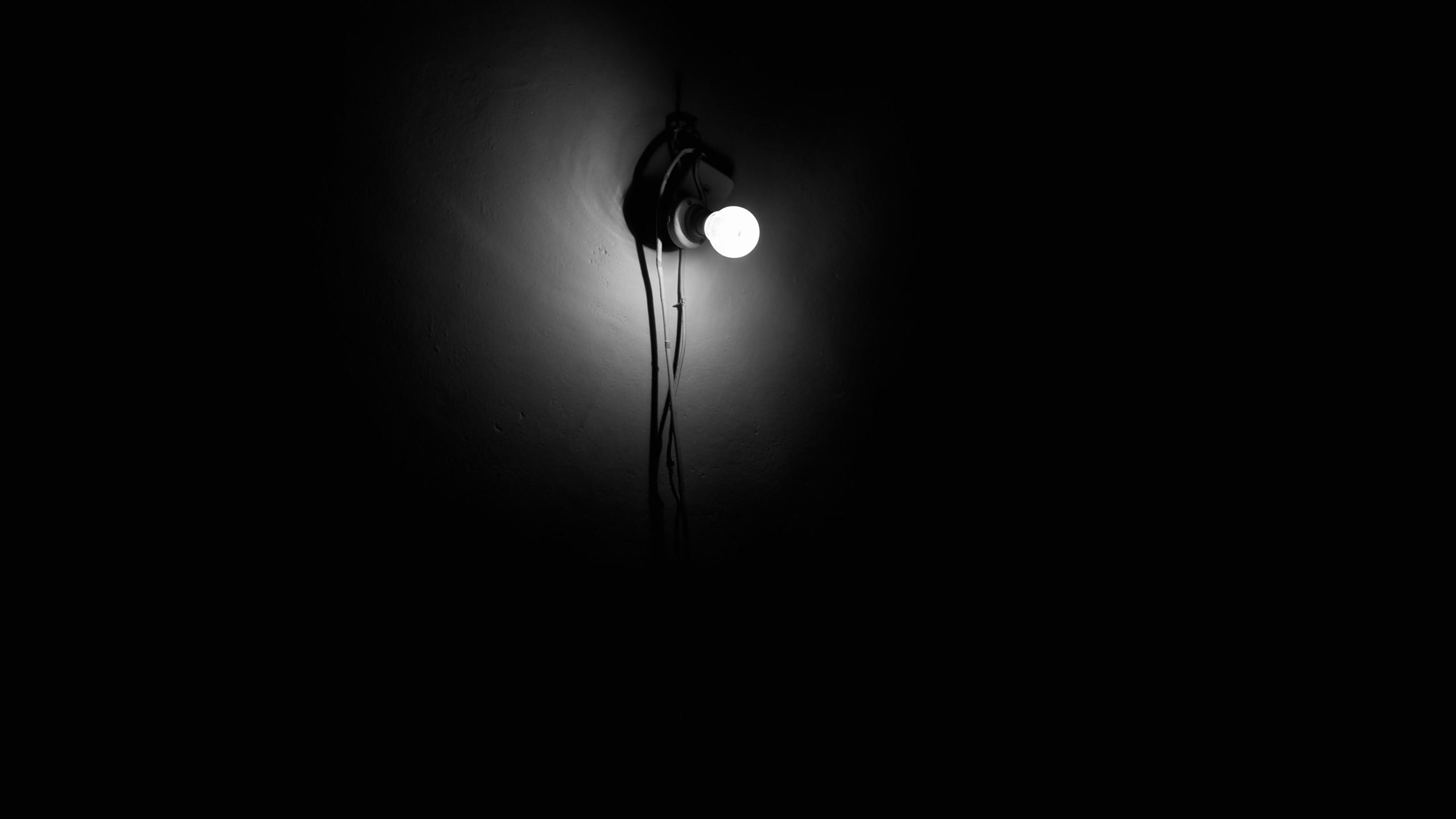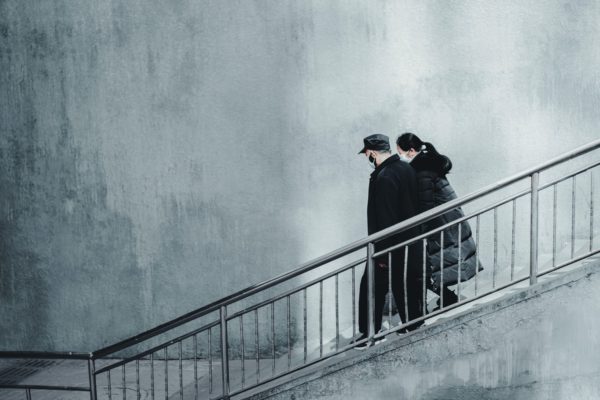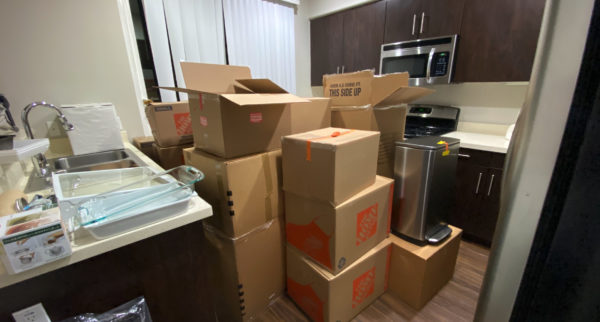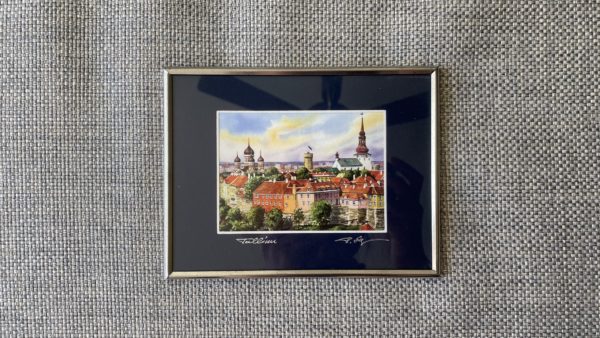I was five years old when I learned it was embarrassing to be Filipino. We were sitting at the tables during lunch and I was eating siopao. The kid across from me pointed and screamed, “Eww, that’s not food!” I crammed the pork bun into my mouth to smother my tears and hide the evidence that I was different. He was right. My food was weird and no one should have to see it.
I was seven when I finally learned I was simply the wrong kind of Asian. My mom packed me sushi for lunch — something I looked forward to after my white classmate’s sushi lunch was well-received. My classmates marveled at how cosmopolitan I was. They were right. This is Japanese food. It’s what fancy Asians eat.
I was sixteen when I learned how funny and effective it was to dehumanize Filipinos. Cultural Awareness Day was canceled when a white boy and a few kids in Associated Student Body laughed about the Filipino tinikling dance, causing a stir, “Why would anyone want to see a bunch of monkeys dancing between sticks?” So this is what oppression feels like. Now I know.
“Where are you from… seriously, where are you from?”
“Is it hard to see with your small eyes?”
“Wow, your English is actually good.”
“You’re Filipino? Pansit! Lumpia! Adobo!”
“I have literally never met a bad Asian.”
“I bet you’re an obedient girlfriend.”
“Pedophiles would love you.”
“God, you are truly ugly.”
I was born and raised in Los Angeles, and have lived in California my whole life. When people chuckle about how racist only American southerners are, accept as a universal truth that all midwesterners are warm and welcoming, and express relief that racism isn’t a real problem in major metropolitan cities, I smile my close-lipped half-smile and change the subject.
No one wants to hear about it anyway because I’m part of the model minority: I’m Asian. I’m good at math, I’m polite, and I’m harmless. There are much bigger fish to fry in institutionalized racism, and my people are the plankton floating around the pond.
Maybe that’s why I often think about a scene from the 1980s TV show, “Facts of Life,” where Jo snarks to another character, “Ugh, boat people,” as a couple of Asian people walk into the diner. It was a quip that had no relevance to the episode’s plot and the scene moved on as if it never happened.
The thing is, you can’t even Google that because that’s how much nobody cares. It hasn’t been documented. Or maybe, it didn’t happen?
The microaggressions, the racist remarks, the hateful comments, they’re all a part of my upbringing.
Only they weren’t called any of those things.
They were called “that person was just upset.” Or my inability to “take a joke.” Or my ungratefulness to accept the compliment that people assume I’m smart because of the slopes of my eyes.
Gaslighting turned those things into irrelevant blips in the larger episode that is racism in America.
The matrix that allows us to laugh at “all Asians look alike” is the same one that tells me to lighten up for being offended. It is the one that is both assaulting our grandparents in the streets while also telling me to show gratitude that our great-grandparents weren’t slaves.
It is the one that tells me racist compliments, that insists those compliments are acceptable, and that pits Asian Americans against other minority groups as a result. Because if we and our immigrant parents made it, no one else has an excuse.
I know painfully well that roughly one-third of Asian Americans supported Trump, our inventor of “China virus” — because some of them are related to me.
That Asian Americans haven’t always been the best allies to other oppressed minority groups — Filipino Americans are no exception.
That Asian Americans have directly benefited from our model minority status — myself included.
That’s the insidiousness of white supremacy. It makes even non-whites guilty. And when non-whites are guilty, then white supremacy and racism can’t be real.
It’s just someone having a bad day.
A special thank you to my friends in and out of Write of Passage for their support on this essay: Kyle Weber, Erin Moore, Gayatri Taley, Alexandra Zamora, Steven Ritchie, Haikal Kushahrin, Gary Yuen, Zach Washam, Azim Parekh, Vivian Li, Ramli John, Dani Naboulsi, Emily Hill, Heather Leith, Elizabeth Doherty, Raquel Rebbe, Elaine Colenbrander, and Monica Pascual.
Featured image by Zé Ferrari Careto




